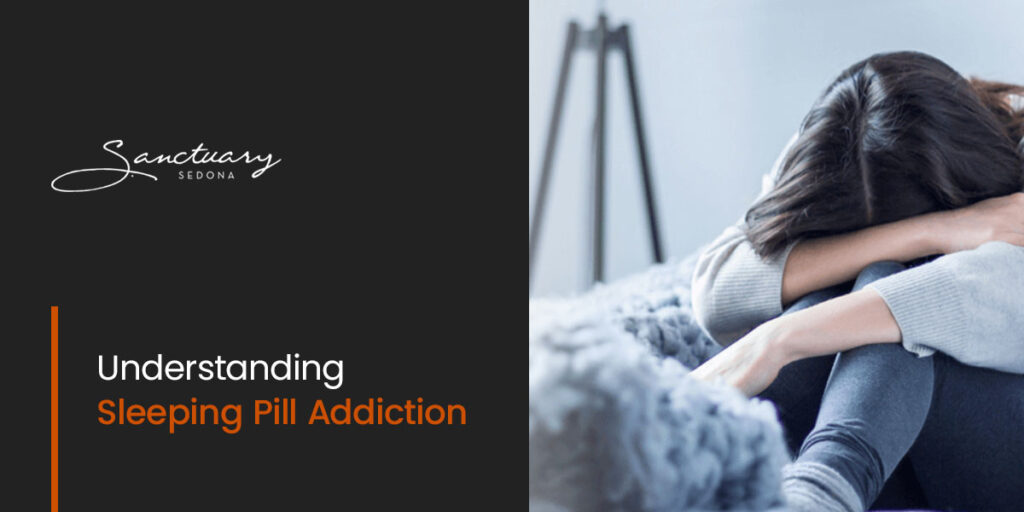Cognitive behavioral therapy (CBT) is a psychological treatment for various mental health conditions, including anxiety, addiction, depression and more. Continue reading to learn more information about this treatment at The Sanctuary. Ready to join us? Call us at (866) 750-0763 to speak with a counselor!

What Is Cognitive Behavioral Therapy?
After being developed in the mid-20th century, cognitive behavioral therapy (CBT) was used to concentrate on an individual’s thoughts and behaviors. It was originally based on the idea that emotions play a critical role in a person’s behaviors toward themselves and the world around them. CBT follows the belief that people can relearn how to effectively cope with negative thoughts and behaviors, overall relieving a patient’s symptoms.
CBT can help do this by changing one’s thinking or behavioral patterns. A CBT therapist might help the client discover the root of the problem and reevaluate it in light of reality. They may also role-play with the client to allow them to practice using coping mechanisms in potentially complex interactions.
Overall, CBT has core principles that follow the idea that psychological problems are based on:
- Developed unhelpful behavior patterns
- Destructive ways of thinking
- A combination of both
Types of CBT
Two types of therapy practices fall under the vast CBT umbrella. These include:
- Pure cognitive therapy: This form of CBT focuses on unhealthy or counter-productive thought patterns. For example, if someone views their job performance feedback as a failure, a therapist will assist them in adjusting this form of thinking. Instead, the client may start to see feedback as an opportunity for growth and improvement rather than only seeing what they did wrong. The main goal of pure cognitive therapy is for clients to see themselves in a forgiving light.
- Rational emotive therapy (RET): Instead of thoughts, RET focuses on negative emotions and attitudes threatening a client’s well-being. A therapist can help a client become aware of these beliefs and teach them how to create a healthy emotional balance in their life — from irrational and damaging to rational and constructive.
Benefits of CBT
CBT comes with a host of benefits that work to improve an individual’s quality of life. CBT can:
- Address troubling events: It can be challenging, but addressing troubling events in your life can get to the root of your condition — like addiction or mental illness.
- Identify feelings about issues: The more you are in tune with your emotions, the better the outcome of your newly gained coping skills.
- Recognize negative thought patterns: Another way to address the problem’s root is by recognizing negative thought patterns and how they may contribute to the overall issue.
- Learn problem-solving skills: Reshape your thinking and handle stressful situations by learning applicable problem-solving skills.
- Boost self-esteem: Learning how to think positively about yourself and the world around you can boost your self-esteem and confidence.

Holistic Cognitive Behavioral Therapy at The Sanctuary
Our clients have seen success with our holistic approach to recovery, and we invite you to join our available programs. If you or a loved one could benefit from CBT, contact The Sanctuary at Sedona today to start. If you’d like to speak with a counselor, please give us a call at (866) 750-0763.
Check out other relevant articles:



